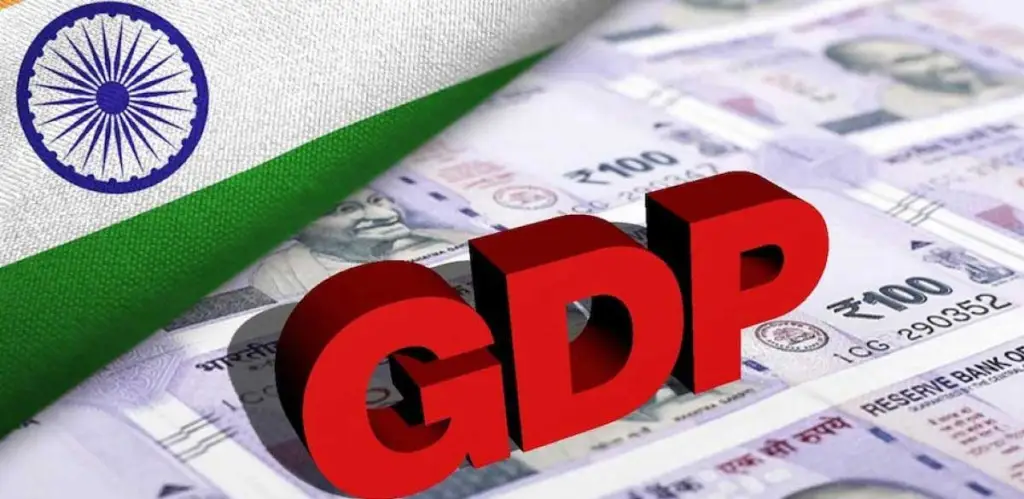India’s economic prowess is set to make a remarkable impact on the global stage, according to a report by Morgan Stanley. The report projects that India will contribute a substantial 16% to the global GDP growth between 2023 and 2024, underlining the country’s growing significance in the world economy.
The report attributes India’s expected contribution to several key factors. Firstly, India’s economic resilience has been evident in its ability to withstand various economic challenges and maintain a steady growth trajectory. Despite global uncertainties and disruptions, the report recognizes India’s capacity to navigate through crises and emerge as a key driver of global economic expansion.
India’s structural reforms have also played a crucial role in shaping its economic outlook. The government’s initiatives, such as the introduction of Goods and Services Tax (GST), demonetization, and measures to promote ease of doing business, have enhanced the country’s business environment and attracted investments. These reforms have laid a strong foundation for sustained growth and economic transformation.
Additionally, India’s favorable demographics provide a significant advantage. With a large and young workforce, the country has immense potential for productivity and consumption. The rising middle class, urbanization, and increasing disposable income contribute to domestic demand and fuel economic growth across various sectors.
The projected 16% contribution to global GDP growth positions India as a key engine of economic expansion. It highlights the country’s potential to influence and shape the global economic landscape. This projection reinforces India’s status as one of the fastest-growing major economies and reinforces its attractiveness as a destination for investments and business opportunities.
The Morgan Stanley report’s positive outlook on India’s GDP growth underscores the country’s ongoing efforts to foster sustainable and inclusive development. However, it also emphasizes the need for continued reforms and investment in areas such as infrastructure, healthcare, education, and skill development to unlock India’s full economic potential.
The government’s commitment to initiatives such as Digital India, Make in India, and Clean Energy Mission align with the objectives of inclusive growth and sustainable development. These initiatives aim to leverage technology, promote innovation, and address socio-economic disparities, contributing to a more robust and equitable economy.
As India’s role in the global economy expands, the country also faces challenges that need to be addressed. These include income inequality, unemployment, and environmental sustainability. It will be essential for policymakers to design and implement effective policies and strategies that promote balanced economic growth and address these challenges.
India’s projected contribution to global GDP growth reflects its increasing influence and significance in the world economy. As the country continues to implement reforms, invest in infrastructure, and leverage its demographic dividend, it is well-positioned to drive economic progress and shape the future of the global economic landscape.
